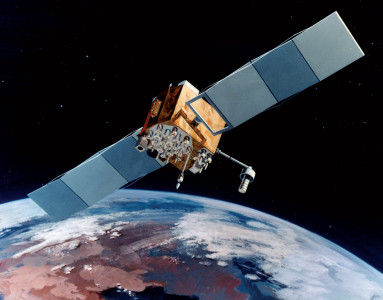From guiding our military service men and women to finding your way around downtown LA, tracking your afternoon jog, or even deciding how far the green is on a golf course in Scotland, GPS has become a part of everyday life in more ways than most people realize. And Friday July 17, GPS is officially celebrating the 20th anniversary of FOC or full operational capability.
Early GPS
The first GPS satellite, dubbed Navstar 1, was launched on February 22, 1978 by the United States Air Force. And while it wasn’t until July 17, 1995 that the GPS constellation provided full coverage of the globe 100% of the time, GPS became invaluable in various military operations including Operation Desert Storm.
As most of you know, the early GPS signals were separated into the military-grade and less accurate civilian-grade GPS. This process of degrading the signals for non-military purposes was referred to as Selective Availability and was intended to prevent hostile military use of the powerful satellite location system.
However, in 2000, President Bill Clinton signed a policy directive that would turn off the Selective Availability, increasing the accuracy of civilian signals literally overnight.
Today’s GPS
Run out of Schriever Air Force Base in Colorado, a group of seven airmen monitor and provide GPS to the world free of charge. And while the rise of smartphones has made many begin to question if GPS is seeing its last few years of golden age, the numbers aren’t as bad as you’d think. In fact, a recent study suggests that the global GPS market will surpass $26 billion by next year and the Global Navigation Satellite Systems Agency estimates that there are roughly four billion GPS-enabled devices worldwide.
And, if those numbers don’t sound compelling enough, if you read this blog at all then you probably know that several countries have been working on creating regional supplemental satellite systems or even global constellations for satellite navigation. Russia completed its own GPS constellation, known as GLONASS, a few years ago and several other countries including China are following its lead.
While the ways that we use GPS has changed several times over the years (and is in the process of changing yet again with the proliferation of activity tracking and the recent introduction of smartwatches) I think that some kind of satellite navigation is likely to be useful for many years to come.


20 Years!
Cool!